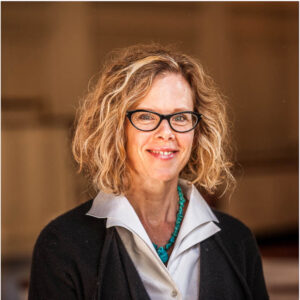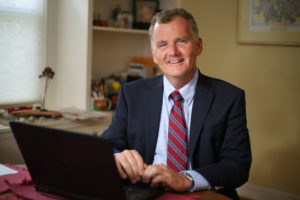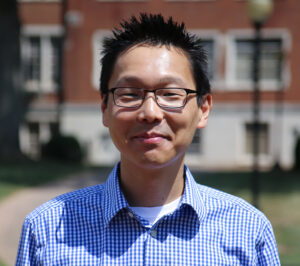formation
Select an item by clicking its checkbox
In my last blog on this site (the first of three parts) I reflected on what difference it could make if theological education institutions focused on formation of students rather than imparting information to them. That blog generated some interesting comments, questions, and feedback, so I thought I might dig ...
Trust forms the basis for human growth, as many learned from Erik Erikson’s psychological stage theory. Infants need consistent, predictable, and reliable connection and responses from caregivers for healthy development. These qualities facilitate an environment that allows for the emergence of inner confidence and strong emotional bonds with others. ...
In the last several years, I have been pondering the purpose of our work as theological educators. This seems especially pertinent because many mainline churches which both send and receive our students are dying, theological education institutions have found it difficult to attract new students, most of these institutions are ...
How does my teaching connect the learning in my seminary classroom with congregations? As an historian of Christianity in the United States, I am aware that theological education has primarily adopted a trickle-down approach to answering this question—a trickle that flows from professors to students to congregations such that ...
Growing up in Haïti, the bulk of my knowledge of literature centered on French writers like Descartes, Rousseau, Pascal, Molière, and Voltaire, among others. I did not read Shakespeare until I was in my mid-twenties, and I only recently became aware of George Bernard Shaw’s famous, or ...



